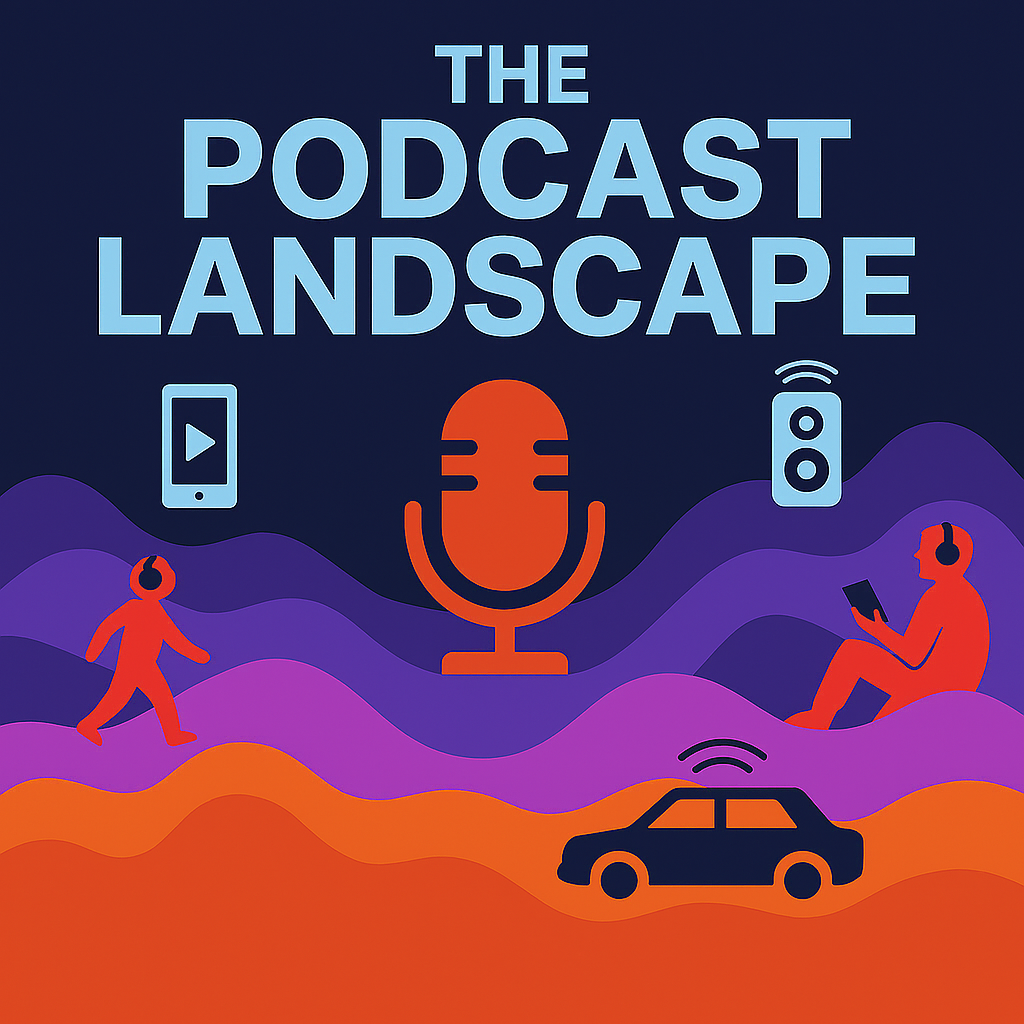By Edward Fuller, CEO of Media Bodies
Selling the potential of Podcasts from an ad creative and audience potential perspective is one thing. But getting an unfamiliar segment on board with the reliability of the channel and its performance is another.
In a recent piece, I covered the potential that Podcasts hold for Game Marketing. That positioning Podcasts as a solution that fills in so many of the gaps game marketers face today, comes down to 2 main things –
- Bridging Game Marketers’ pain points with what makes Podcast ads unique
- Speaking the industry’s language
The first, is relatively easier – we can use much of the same formulas we use for most other industries. But whilst the ‘valuable audiences,’ the ‘effective hosts,’ and the ‘unique creatives’ are all encouraging offerings of the Podcast ad set-up, for an industry as competitive as gaming, where every marketing dollar is scrutinised- nothing is really enticing enough until we emphasise tangible, replicable results.
Speaking the same language as the industries we’re trying to serve
One of the biggest roadblocks for Podcasting gaining more acceptance in the mainstream Game Marketing Mix is its dated reputation as a ‘pure brand awareness’ channel. There are still some misconceptions that Podcasting is a lot like radio of old – not something you can monitor, analyse, optimise, or measure ROI of at a granular level.
Acceptance within an industry like gaming starts with demonstrating that Podcast advertising isn’t in its nascency anymore. We need to demonstrate the precision we’ve achieved with targeting; the granular level of landscape analysis and tools that allow us to see who’s spending how much and where; the ad loads and renewal rates of specific shows; the performance of specific verticals and the reliability of live monitoring to ensure impressions are delivered.
And speaking of impressions, we need to demonstrate we can offer competitive CPMs as an industry. It’s always the first instinct for marketers who are used to more traditional paid channels to compare CPMs by those standards. All the tech and opportunities in the world won’t be worth it if we can’t offer attractive CPMs.
In general, we need to emphasise how much data we have at our disposal at every step along the way. That every investment, every optimisation, is a strategically considered decision, not a gamble.
Finally, tracking and attribution. It’s one of the first questions and concerns we see from those new to the channel. We’ve entered the ‘Performance Era’ in marketing, and although we can harp on about the long tail and brand benefits, we need to be able to demonstrate that immediate, measurable impact is possible too.
For those more partial to deterministic means, we can demonstrate the effectiveness of discount codes and coupons on podcasts vs other channels. And we warm them up to trusting probabilistic means by demonstrating how far means like pixel tracking have come.
If we’re looking at encouraging a steady stream of continued investment, we have to appeal to the idea of using Podcasts for user acquisition and community building, not just a one-off big launch.
Gaming is an industry that has long relied on data. When you’re dealing with pure traditional user acquisition specialists, it’s an uphill battle to prove the investment is worthwhile. So on the user acquisition side, we need to double down on showing how comprehensive, accessible, and reliable the data we have is.
Beyond that, there’s a prime opportunity to appeal to the gaming world’s value for community and place Podcasts as a unique means to develop a stronger brand for the game, and boost retention and loyalty.
The intimate communities Podcasters have built are an opportunity for Game Marketers to grow their own communities by proxy, using the unmatched influence and tailored narratives offered by the podcast hosts to capture new segments in relevant, engaging, and brand-aligned ways.
And it’s not just capturing new segments and expanding the community. Podcasts offer an opportunity to strengthen existing communities too. Beyond placing advertisements in external shows, Game Marketers can explore dedicated ‘branded shows’ hosted by established Podcast hosts.
This is an opportunity to expand the lore of their own game worlds with a more accessible format that permeates listeners’ daily lives like no other. As a media channel that serves as a companion across so many daily tasks – from gym sessions or runs to household chores, commutes, or even background listening at work, Game Marketers can have their community thinking about their game even when they’re not actively playing it.
Stronger communities stimulate stronger retention, loyalty, and long-term ROI – something we’ve seen is increasingly important in the mature and saturated mobile game market today. If we want to attract the trust and investment, we need to acknowledge what’s most valuable in the current landscape and paint a clear picture of what’s achievable with Podcasts in the short and long term.
Podcasting and Gaming : A Prime Opportunity for Mutual Growth
In the game marketing sphere, ‘non-conventional’ UA channels are increasingly gaining interest, but Podcasts tend to fly under the radar, even though they present so much of what game marketers are looking for to freshen up the marketing mix.
We’re taking sure steps towards stirring up interest – our Chief Growth Officer Sara Guerola’s session on Strategies for Podcast Marketing Success at Pocket Gamer Connects London, a premier gaming conference earlier this year, drew a full house – so there’s definite potential to see a real surge in investment from Gaming like never before.
In fact, when we examine the media landscape, Games and Podcasts as entertainment sources share so many similarities. Both are highly engaging experiences that cater to diverse interests & preferences, and foster strong communities. Ultimately, it’s in both industries’ best interests to recognise and pursue the mutual growth opportunities presented by certain investments.
For us within the Podcasting industry, it means investing in understanding the Gaming industry’s needs more deeply, taking our conversations and insights to the right places, and tailoring some of our narratives around Podcasting’s benefits and offerings to ensure we’re speaking their language.
From a veteran Game Marketer, here’s where they wish to see us grow –
- More robust tracking solutions beyond vanity URLs and promo codes, such as deeper integrations with MMPs or post-listen event tracking.
- Improved deterministic measurement (e.g., first-party data matching from publishers where privacy allows) to better connect podcast exposure to in-app actions.
- CPMs that better align with user acquisition goals, especially for mobile games where LTV calculations are key.
- More programmatic or self-serve options with real-time bidding to improve cost efficiency and allow for dynamic optimizations.
- More dynamic creative options, such as skippable or interactive podcast ads (similar to digital audio formats).
- Greater flexibility in ad length (beyond just 30s or 60s) to allow for tailored storytelling based on different user journey stages.
- Improved contextual and behavioral targeting, such as interest-based audience segments (e.g., targeting based on gaming affinity).
- Better insights into listener demographics and engagement rates per podcast/show to refine media planning.
- Easier A/B testing setups across publishers to identify winning creatives.
- Real-time performance dashboards that allow for quicker optimizations on messaging and calls to action.
We’re already making progress in a lot of these areas. The more we demonstrate we’re on the same page of progress and speak the language of the industry, the better opportunities we have to draw additional investments for research and testing.
And the more investment we see from these specific industries, the more data we have at our disposal to draw reliable learnings. With this, the better we can get at developing the tools and features we need to draw sustained investment, and ultimately, drive mutual growth and success for our industries.


















































































































































































































